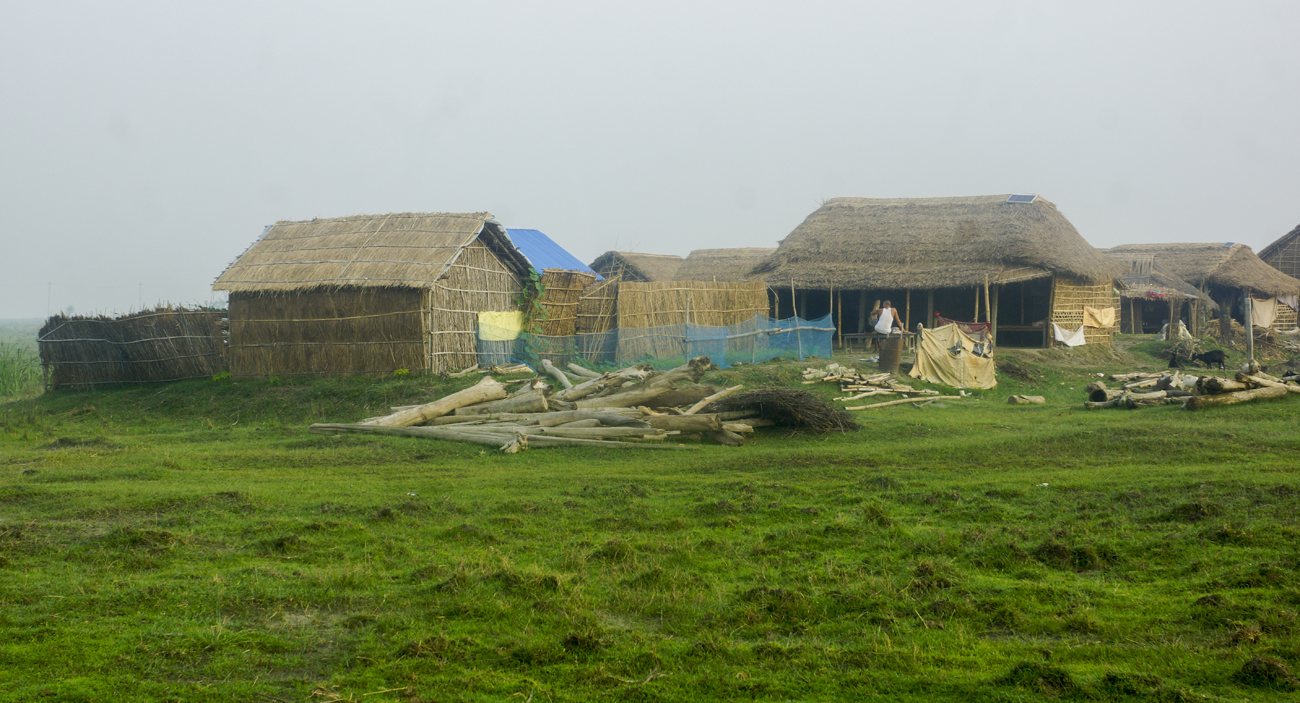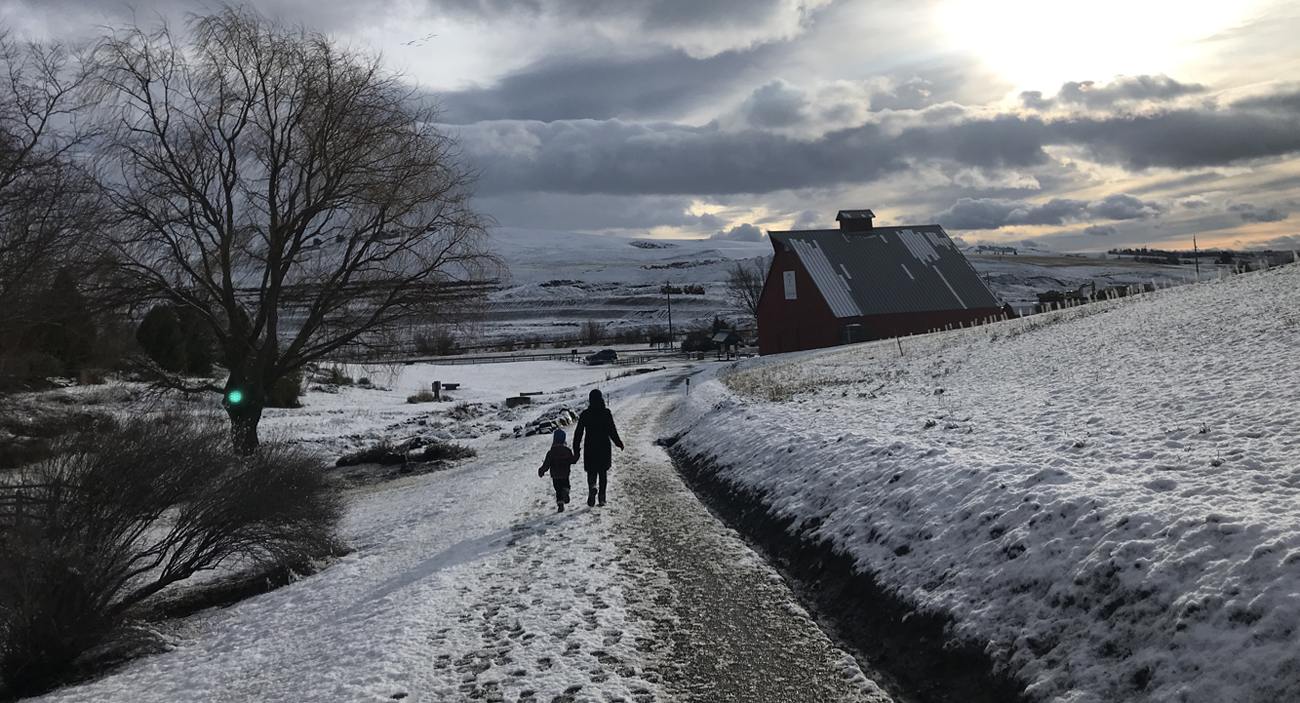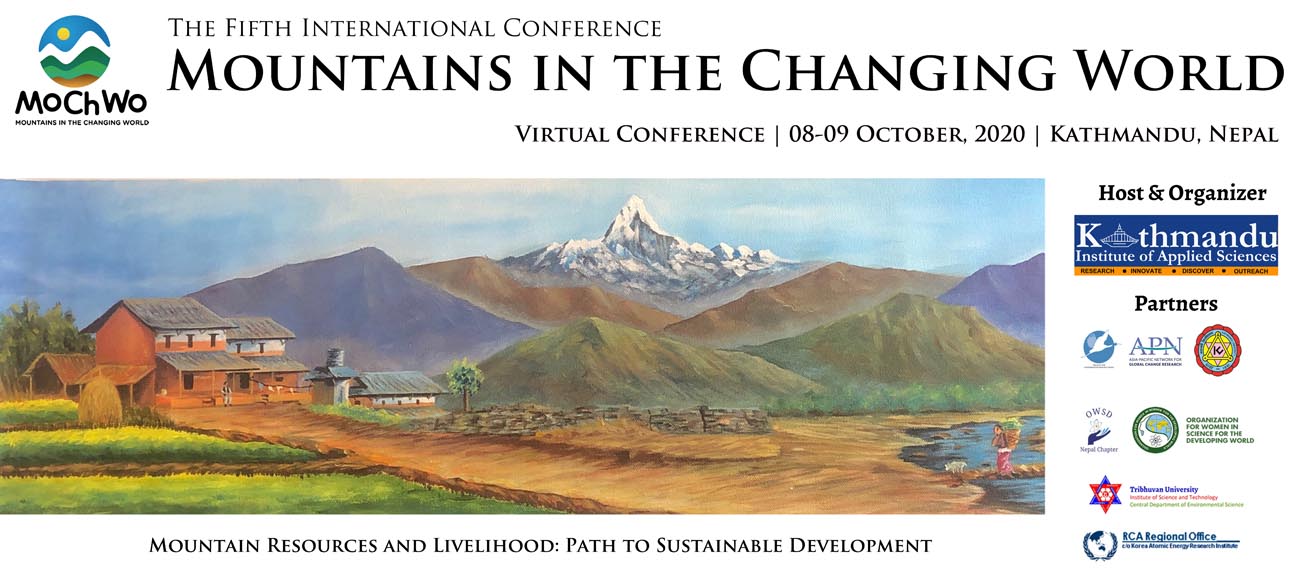News & Activities
KIAS Summer School 2018
Kathmandu Institute of Applied Sciences (KIAS) is organizing Summer School 2018 “Frontiers in Scientific Research”. It aims to providing specialized training on various thematic areas from well trained and experienced scientists. Participants will get certificate after completing the course.
KIAS has successfully organized several such schools before.
Target participants: Undergraduate and graduate (both MS and PhD) students and independent researchers.
Dates: 24-31 August, 2018 (total 15 hours/module; can be 3 hrs x 5 days)
Registration fee: NRs. 4000/module
Summer School 2018 includes following modules:
Module 1: Smartphone for chemical and biological analyses
Instructors: Dr. Basant Giri & Dr. Bhanu Neupane
Smartphone is not just used for WhatsApp, Facebook or Angry Birds. It can also be used to understand multitude of scientific phenomena and in research. Recent years have seen the increasing use of smartphones in scientific research and education. For example: in measuring air pollution parameters, as a spectrophotometer, for testing cholesterol, breathe analysis for disease diagnosis, chemical analysis of amino acids and other chemicals etc.
In this short course, you will be briefed with important smartphone “apps” used in classroom and research. More importantly, you will get hands on experience on quantitative chemical analysis involving image analysis and making smartphone microscope for some applications.
Topics covered: Smartphones
- “apps” in classroom and research
- as scientific instrument-some examples
- for quantitative chemical analysis as a spectrophotometer
- as microscopy for some applications
Module 2: A short course on “R” for scientific data analysis
Instructors: Dr. Susma Giri & Dr. Prakash K. Paudel
Why “R”?
- An advanced programming language for statistical computing and graphing
- Infinitely expandable
- Most popular language for analytics
- Its free to download and use
Topics covered:
- Import & check data in R
- Organize data and folders
- Make effective graphs
- Basic statistical analysis such as: linear regression, logistic regression, multiple regression, t-tests, ANOVA, Tukey’s post hoc tests etc.
Module 3: The nuts & bolts of publishing your research findings
Instructors: Dr. Basant Giri & Dr. Prakash K. Paudel
Publishing a research paper is one of the necessary steps in the scientific research process. Unpublished research is considered as non-existent. Apart from the dissemination of knowledge, publication of research findings in reputed journals greatly helps in graduation, promotion, grant applications and recognition among peers. Even if you generate a valuable data from your research, writing the findings and publishing in peer-reviewed journals is a daunting task. In today’s “publish or perish” culture of science, strong writing skills are essential for progress.
This short course will guide you on how to initiate and write each section of a research manuscript efficiently starting from selecting relevant topic to submission to an appropriate journal. We will also talk on minimizing major mistakes in English writing. Second half of the course focuses on paper submission and editorial procedure, and responding to reviewer’s comments. Participants will have a number of on- and off-class exercises during the course.
Topics covered:
- Which journal is the best?
- Structure of paper
- Why language is important?
- Review and editorial process
Module 4: Introduction to applied remote sensing
Instructors: Dr. Hemu Kafle
Researchers in various disciplines would benefit greatly from the addition of a satellite remote sensing perspective but are prevented from using satellite data because of lack of training needed to make easy and effective use of freely available data sets. Even people who intend to begin research careers that are specifically devoted to satellite remote sensing can be slowed down initially because of lack of basic but critical skills.
This module is highly method oriented. The goal of this module is to teach participants the basic skills needed to work independently to acquire, analyze and visualize data sets derived from a variety of satellite sensors (e.g., MODIS). Great effort has been made to make the course fun and low-stress while at the same time challenging the participants to learn a very large amount of materials in a short amount of time.
This module will cover following topics:
- Fundamentals of remote sensing
- Satellite and sensors: types and resolution
- Advantages and disadvantages of remote sensing
- Satellite data processing
- Observations to applications
- Satellite image interpretation techniques
How to register?
If you are interested to participate, please submit your online application below. Deadline to register is August 17th.
https://goo.gl/forms/dtzCfIdl4A8eTuvE3
About instructors
Dr. Basant Giri obtained his PhD in analytical chemistry from University of Wyoming. His research interests include developing low-cost analytical methods involving the use of smartphones for various applications. Currently he works in KIAS. He has published several research articles to his repute with ~130 citations & H-index 4. He is a reviewer in several international journals. He has been working with LabEdit, SciEdit, and Yelei, which provide manuscript-editing services to academic researchers.
Dr. Bhanu Neupane obtained his PhD in Physical chemistry from Kansas State University. His research interests include developing low-cost optical tools for applications in teaching and research. Currently he is an assistant professor of chemistry at Central Department of Chemistry, Tribhuvan University, Kathmandu, Nepal. He has published nearly two dozen high impact research articles. His publications have received ~250 citations with H-index of 8. He is recipient of several scientific awards and the “under-represented Chemist award” from IUPAC in 2015 is the most recent one.
Dr. Prakash K Paudel is the author of several research articles and a book. He is the founder executive editor of the international journal “conservation science”.
Dr. Susma Giri is an ecologist who has been extensively using R programming for past five years. She earned her doctorate degree from the University of Wyoming and received training on using R from one of the earliest users and experts of the program. She has published two peer-reviewed research articles in international journals.
Dr. Hemu Kafle is obtained her Ph.D. in environmental science from Nagoya University, Japan. She has extensively used remote sensing technique for past ten years for her research works that resulted in several peer-reviewed journal articles and reports.


